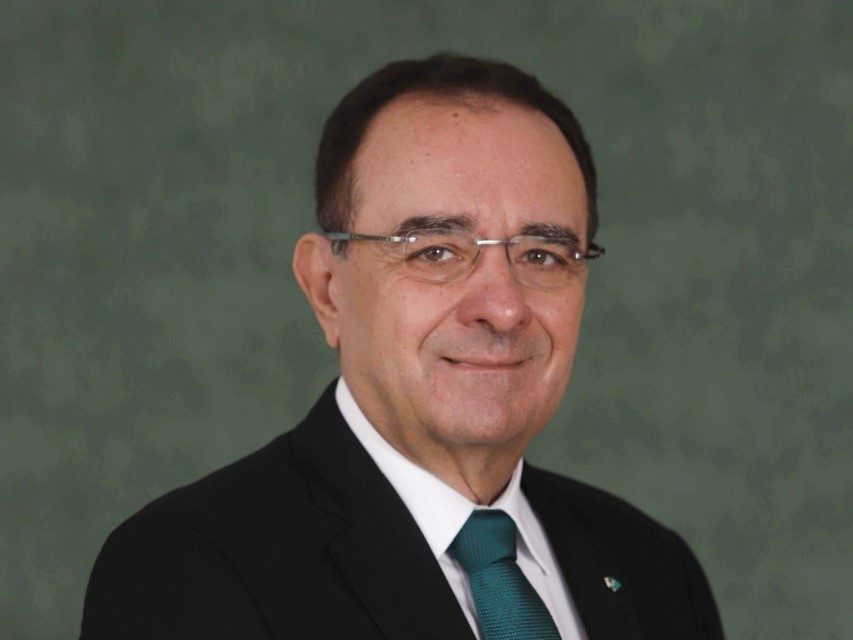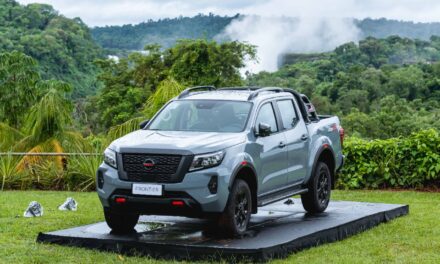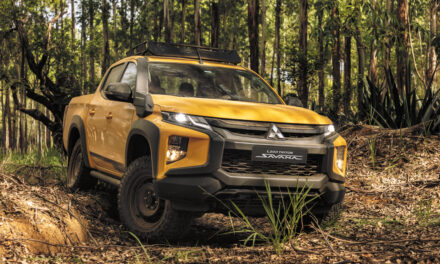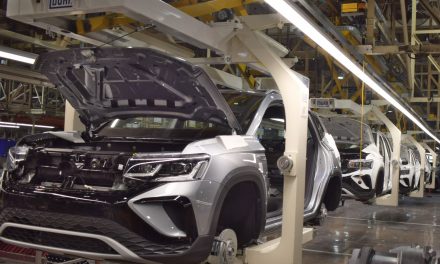By Alzira Rodrigues | 4/4/23 | Translated by Jorge Meditsch
“The Brazilian automotive sector needs to gain scale, and the offer of more affordable brand new models is key to achieve this”.With these words, Fenabrave’s president, José Maurício Andreta Júnior, showed the organization’s support for the ongoing debates at the Development, Industry and Commerce Ministry (MDIC) to create conditions to reduce the price of entry cars to attract more Brazilians for the new vehicle market.
Andreta told that all items for a sector agreement towards this idea are still under debate but said he believes solutions may be presented in the short term. Besides Fenabrave. Anfavea and Sindipeças also participate in the discussions.
The objective would be to partly redeem the sector chamber of the yearly 1990s, when the government reduced taxes and manufacturers and dealers reduced their margins to enable cheaper cars. Andreta insisted that the dealerships have operated with narrow margins since the Covid-19 pandemic, but admitted the dealers intend to contribute to making the project viable.
The automotive market reacted in March with 187 thousand deliveries and a 56% growth over February and 38% more than the same month last year. Nonetheless, Fenabrave attributes the positive performance figures to the weak results at the beginning of 2022, when the lack of chips took to a production level smaller than the demand.
“We are facing a challenging scenario, marked by high family debts, increasing default and credit selectivity by financial institutions, which are restricting consumers’ demand’, commented Andreta, informing Fenabrave keeps projecting a tie between this year’s light vehicle sales and 2022’s.
According to him, the scenario is still cloudy, as the new government measures in debate, generally positive, still need to be taken. The agreement for an entry car is one of the current government projects favoring sales and employment.
Currently, only two cars produced in Brazil are considered entry models: the Renault Kwid and Fiat Mobi, whose basic versions’ prices are around R$ 70 thousand. Despite other brands not having products in this price range, Andreta says Volkswagen, General Motors and Hyundai could launch a cheaper car if the sector agreement is consolidated.
GM, for example, ceased to produce here the Joy (Onix’s previous generation), but keeps the product in line in Colombia. It could redeem the model. The other brands could offer a more basic car than the current ones, with fewer safety and comfort items.
“But without losses in vehicle safety achieved until now”, said last Friday, 3/31, Stellantis South America president, Antonio Filosa, confirming the company’s support to the entry car project.
- Seitz, da VW, sobre chineses: “Quando começarem a produzir aqui, acaba a alegria”. - 17 de maio de 2024
- Brasil assume 3º lugar no ranking global da Volkswagen - 17 de maio de 2024
- Nova assembleia na Renault será só na terça-feira - 17 de maio de 2024








